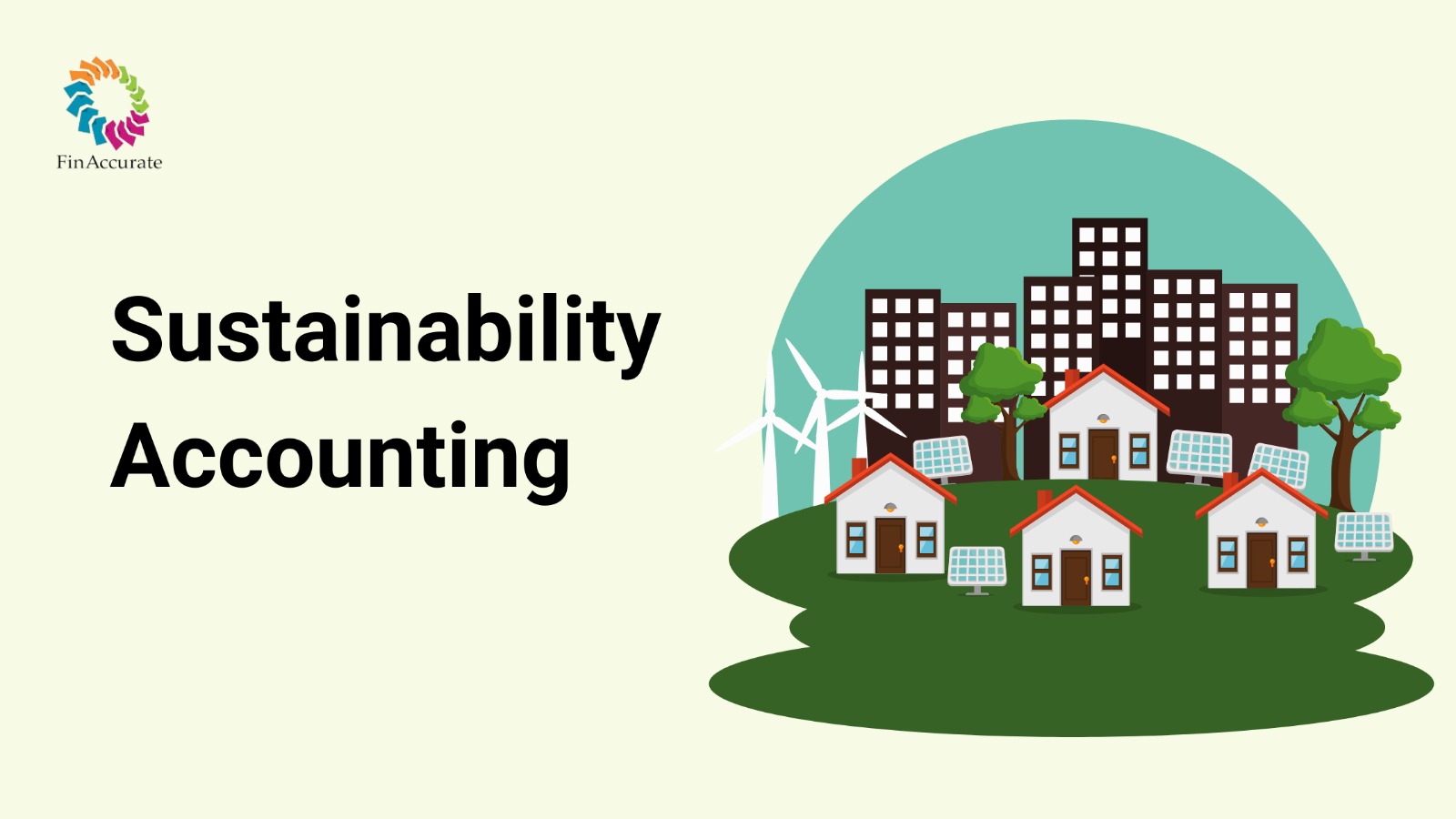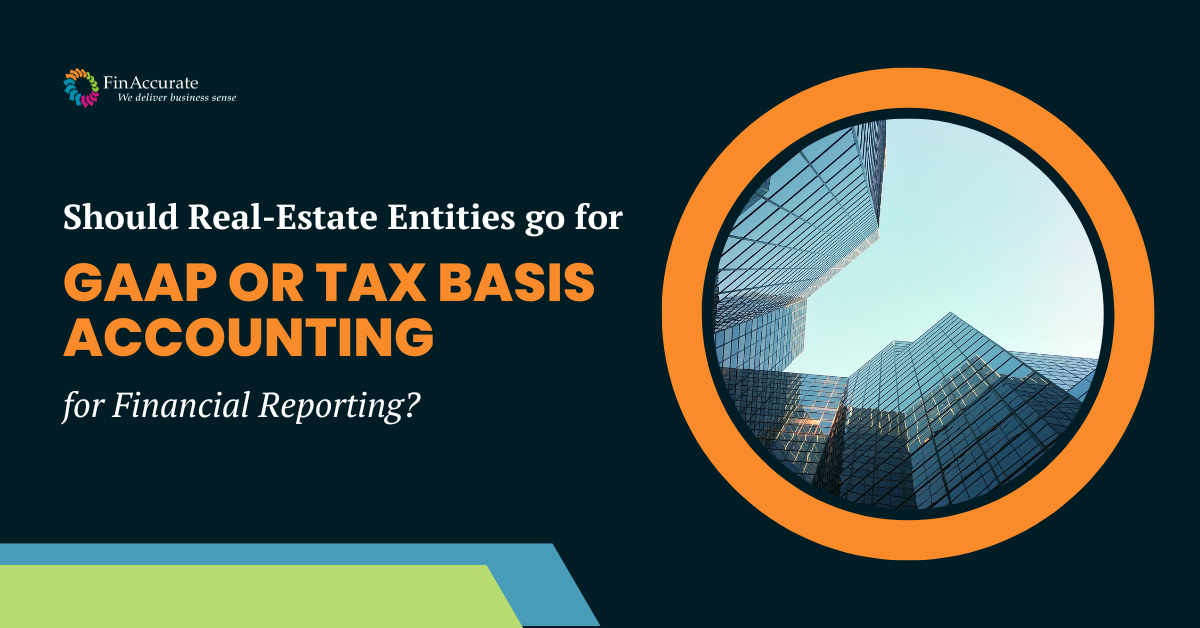Sustainability is a buzzword as businesses reduce their environmental and social impact. Measuring and reporting sustainability efforts has remained a challenge for many businesses. Sustainability accounting measures, reports, and analyses a business’s environmental, social, and economic effects. This blog article will discuss sustainability accounting. And it may also help firms go green.
What is the Meaning of Sustainability?
There is no one definition of sustainability, but many people point to the 1987 Brundtland Report from the United Nations. This report calls for sustainable development that meets our needs without sacrificing others. Sustainability usually means meeting our needs without sacrificing those of our children’s need.
Also Read: Automatic tax extension benefits for ITR
What is Sustainability Accounting?
Sustainability accounting is the process of measuring, analyzing, and reporting. And how a company affects people and the environment.
Different people and groups have different goals. Employees are more interested in things like how much more the CEO makes than the average worker. Or how much less the CEO can make than the average worker. In the 1970s, CEOs made 20–30 times as much as the average worker. Now, they make 300 times as much.
Communities may want to know how much pollution or greenhouse gases a business is making so that their areas stay clean and safe. Investors usually care about how well a company does financially. Which includes ESG(Environmental, Social, and Governance).
Benefits of Sustainability Accounting for Businesses
Sustainability accounting offers many benefits to businesses. Improved resource efficiency, transparency, stakeholder participation, risk management, reputation, and competitive advantage. In this section, we will explore these benefits in detail.
1. Improved resource efficiency
Sustainability accounting helps companies assess their resource use and improve resource management. Businesses may save expenses, and waste, and conserve resources by tracking resource utilization. This can result in increased efficiency, reduced environmental impact, and improved profitability.
2. Increased transparency
Sustainability accounting helps companies measure and disclose their social and environmental impacts. This improves transparency by giving stakeholders accurate and reliable company performance data. Transparency builds trust and confidence, improving stakeholder relationships.
3. Enhanced stakeholder engagement
Sustainability accounting promotes stakeholder engagement with customers, suppliers, employees, and communities. Businesses can better understand stakeholder issues by involving them in sustainability decisions. This can lead to improved relationships and increased support for sustainability initiatives.
4. Risk management
Sustainability accounting helps companies identify and manage ESG issues. Businesses can decrease financial, legal, and reputational risks, by addressing the issues.
5. Improved reputation and competitive advantage
Sustainability accounting can improve a company’s reputation and competitive advantage. By demonstrating a commitment to sustainability. This can help attract and retain customers, employees, and investors who value sustainability. Sustainability can also spur innovation, resulting in new products, services, and business models.
Also Read: 3 Powerful Reasons Why A Small Business Should Do Tax Planning
Implementing Sustainability Accounting in Your Business
Your company needs sustainability accounting to promote sustainable development. And reduce its impact on the environment, society, and economy. Sustainability performance is tracked and reported using financial and managerial accounting.
To implement sustainability accounting in your business, there are four key steps to consider:
1. Setting sustainability goals
Identify sustainability issues relevant to your business. Define clear and specific sustainability goals. Align sustainability goals with overall business strategy.
2. Measuring and reporting sustainability performance
This step involves selecting sustainable measures and indicators, collecting data, and analyzing results. And reporting on your sustainability performance to internal and external stakeholders.
3. Integrating sustainability into decision-making processes
This involves incorporating sustainability considerations into your business decision-making processes. Such as investment decisions, product development, supply chain management, and risk management.
4. Engaging with stakeholders
This involves engaging with your internal and external stakeholders. Such as employees, customers, suppliers, investors, and communities, to understand their sustainability expectations.
Successful sustainability accounting practices have been adopted by various organizations. Including Patagonia, Unilever, Interface, and Walmart. These organizations have demonstrated that sustainability accounting can lead to improved business performance. It increased stakeholder trust and loyalty and reduced environmental impact. By following the steps outlined above, your business can also implement sustainability accounting practices and achieve sustainable development.
Challenges and Solutions in Implementing Sustainability Accounting
While making promises about improving sustainability is easy, following through can be difficult. We’ve discovered five key challenges in our work with companies attempting to develop effectively. And efficient sustainability and ESG strategies.
1. Meaningful Participation of Stakeholders and Materiality
Companies must tackle materiality and stakeholder participation when making ESG decisions. A materiality assessment involves defining the purpose and scope of the assessment. Creating a list of potential sustainability topics, developing a method to rank the topics based on stakeholder input, gathering input through surveys and other methods, and analyzing the results to prioritize the topics.
2. Governance for sustainability
Governance helps senior management understand and report key performance indicators with real-time data. Assess progress toward targets, and take remedial action for sustainability and ESG efforts. Companies must streamline data collection for successful programs and data governance.
3. Reporting on sustainability
Companies often say they don’t know where to start with ESG and sustainability reporting. Over 600 reporting frameworks and standards will be available for organizations by 2020.
Another issue may be creating a reporting strategy that meets ESG goals and is efficient. With this in mind, many organizations begin by answering four crucial questions:
- Why do you want to report?
- Where will you report, and to whom?
- What ESG frameworks are you going to use?
- How will you get the information you need to report?
Also Read: 7 Essential Qualities Of A Good Bookkeeper For A Small Business
3. Getting value out of your program for sustainability
Leaders no longer see the typical corporate sustainability program as a cost center for the company. Today, companies expect their sustainability efforts to
1) Attract and keep good employees
2) reduce energy use and
3) avoid costly government interventions.
With the other categories, the challenge is to align your program with the company’s mission, and goals. And also create value through sustainable supply chain management.
4. Using technology to make ESG and sustainability work
Small companies can also manage sustainability and ESG projects without domesticated tools. An ESG-specific platform can
1) automate most materiality evaluation
2) speed up data collection and reporting.
3) help identify program improvements.
Sustainability software will become increasingly important as investors demand auditable, financial-grade data.
Check out our eBook for tips on how to find the best software to meet the sustainability goals of your company.
Companies that use these systems say that; they are key to accuracy and efficiency. Because they cut down on the time it takes to collect and correct data and make it easier to figure out the right data. Can the success of your ESG program be guaranteed by automating your processes that have to do with sustainability? There, the answer is probably not, but you can be sure it will help.
Conclusion
In conclusion, sustainability accounting is a vital tool that can help businesses move towards a greener future. By integrating sustainability considerations into their accounting practices. Businesses can better understand the environmental and social impacts of their operations. And use this information to make more informed decisions that benefit both their bottom line and the planet.
Sustainability accounting can assist companies to reduce waste, carbon emissions, and resource use. It can also help them track their sustainability progress and inform stakeholders and customers. Adopting sustainability accounting can help companies and society go green.
Jay’s Choice:
1. The Benefits of Cloud-Based Accounting for Small Businesses
2. Cryptocurrency and Taxes: What You Need to Know
3. How Artificial Intelligence is Revolutionizing Accounting Industry
4. The Future of Financial Management: Trends to Watch in 2023
5. Sustainability Accounting: The Key to Building a Greener Business
6. Corporate Social Responsibility Accounting: A New Era of Transparency





